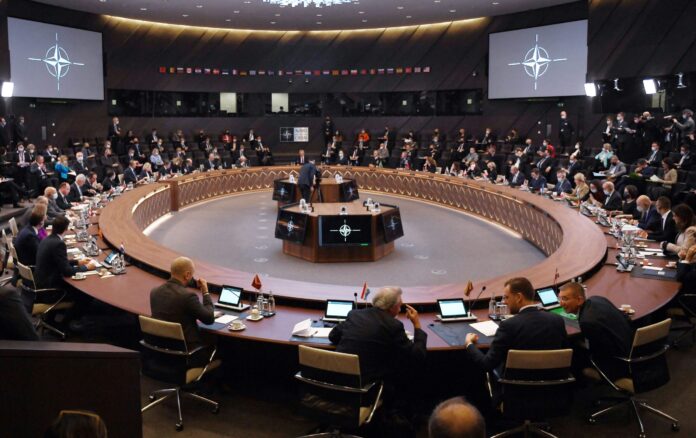Author: Marcos Tourinho
Affiliation: Fundação Getulio Vargas, School of International Relations
Organization/Publisher: International Organization, Cambridge University Press
Date/Place: Feb 22, 2021
Type of Literature: Academic Journal article
Number of Pages: 24
Keywords: Liberal International Order, International Relations Theory, Eurocentrism, anti-colonial history
Brief:
The author of this article argues that the four fundamental principles of the Liberal International Order, 1) self-determination, 2) non-intervention, 3) regulation of military force and 4) sovereign equality between states, were not part of the international order after 1945. Instead, these principles were negotiated in by political actors that were not liberal industrialized democracies, such as weak states, newly-freed colonies, and non-governmental organizations. The historical observations of the article have two implications: 1) The Liberal International Order is not the product of the West alone, and 2) that the liberal aspects that we take for granted are latecomers forced upon the international system. The author details the ways in which non-Western powers exerted influence, ranging from small group, societal and transnational methods. They shaped the resistance to existing realpolitik by creating community and shaping norms. One of the major conclusions of the article is that the international order is not planned by architects but rather emerged through a series of negotiations and contentions between different actors both weak and strong. Also, the LIO has always been in a state of contradiction between imperial/hegemonic interests and more noble ideals. The author holds International Relations scholars responsible for creating an elite-centric bias in international relations whereby the parochialism of hegemony dominates all the rule making, including counter-hegemonic rule making.
By: M. Üveys Han, CIGA Senior Research Associate




